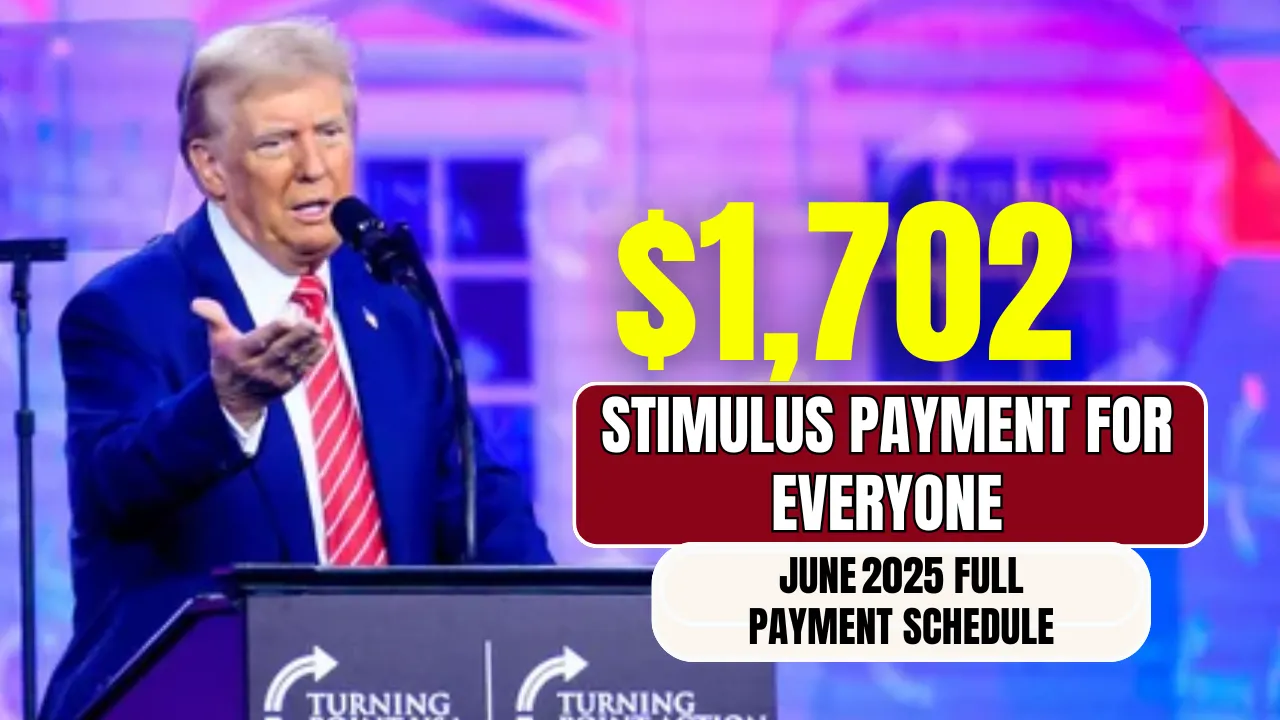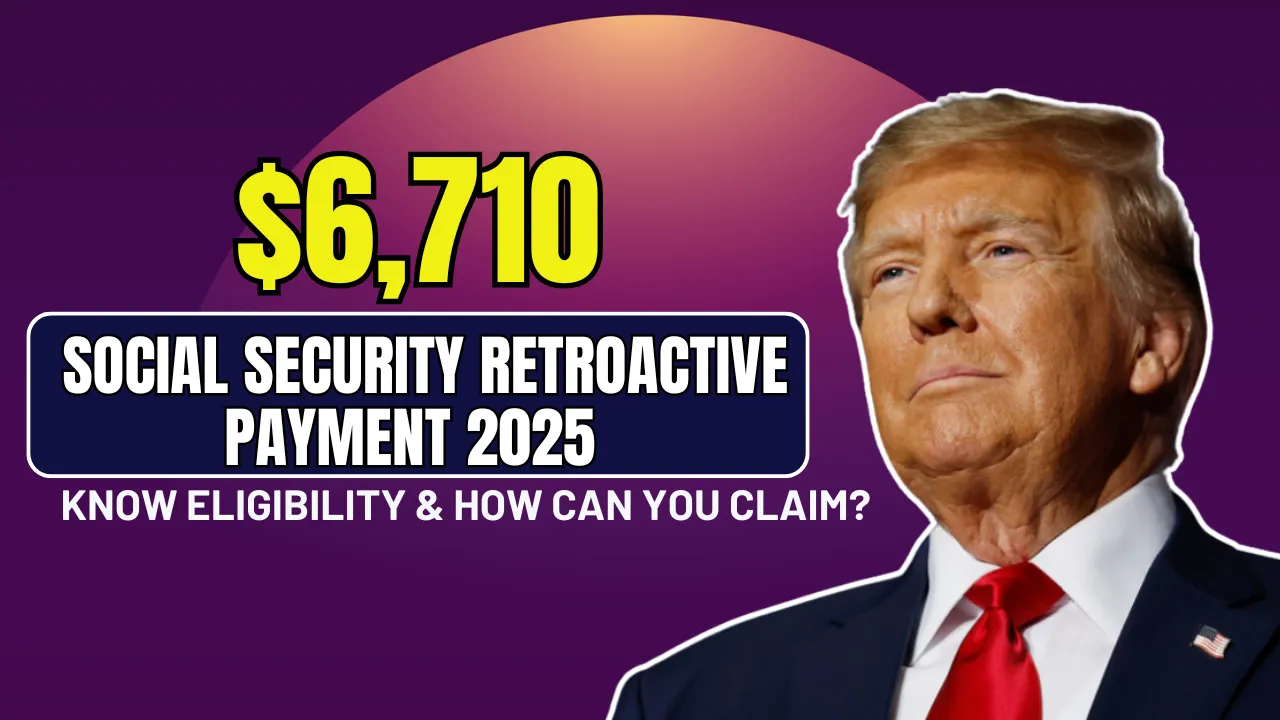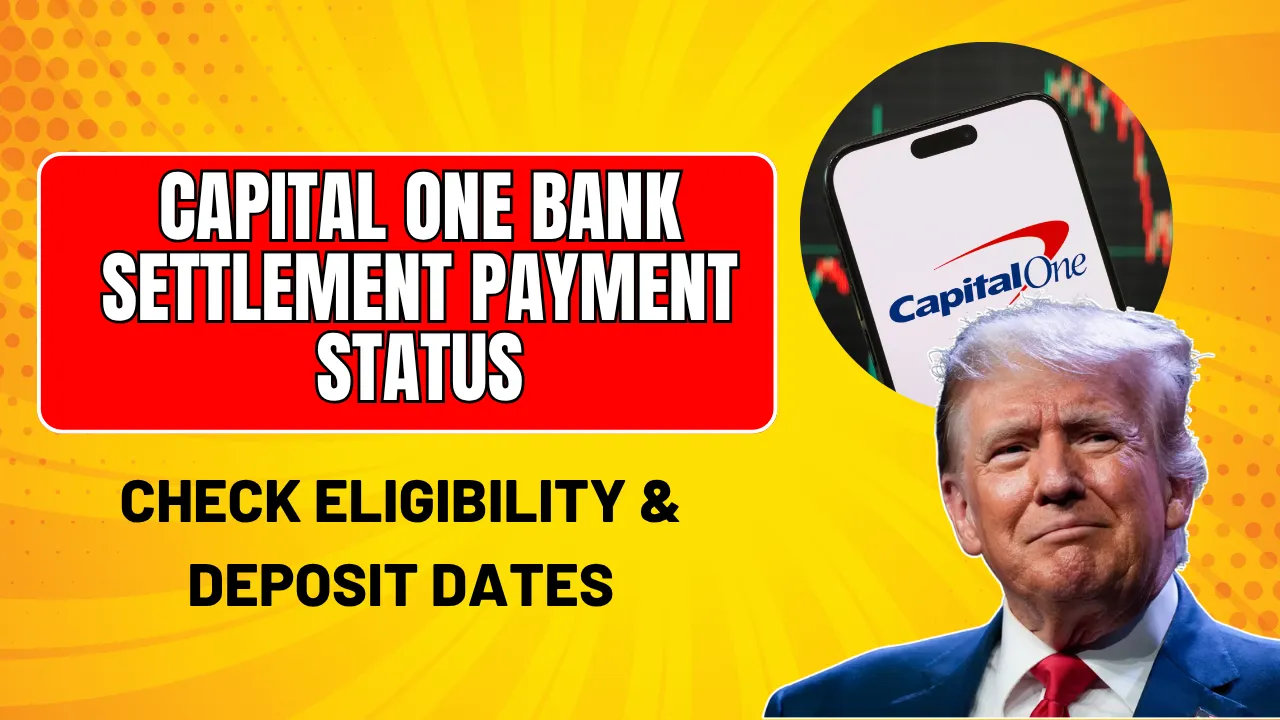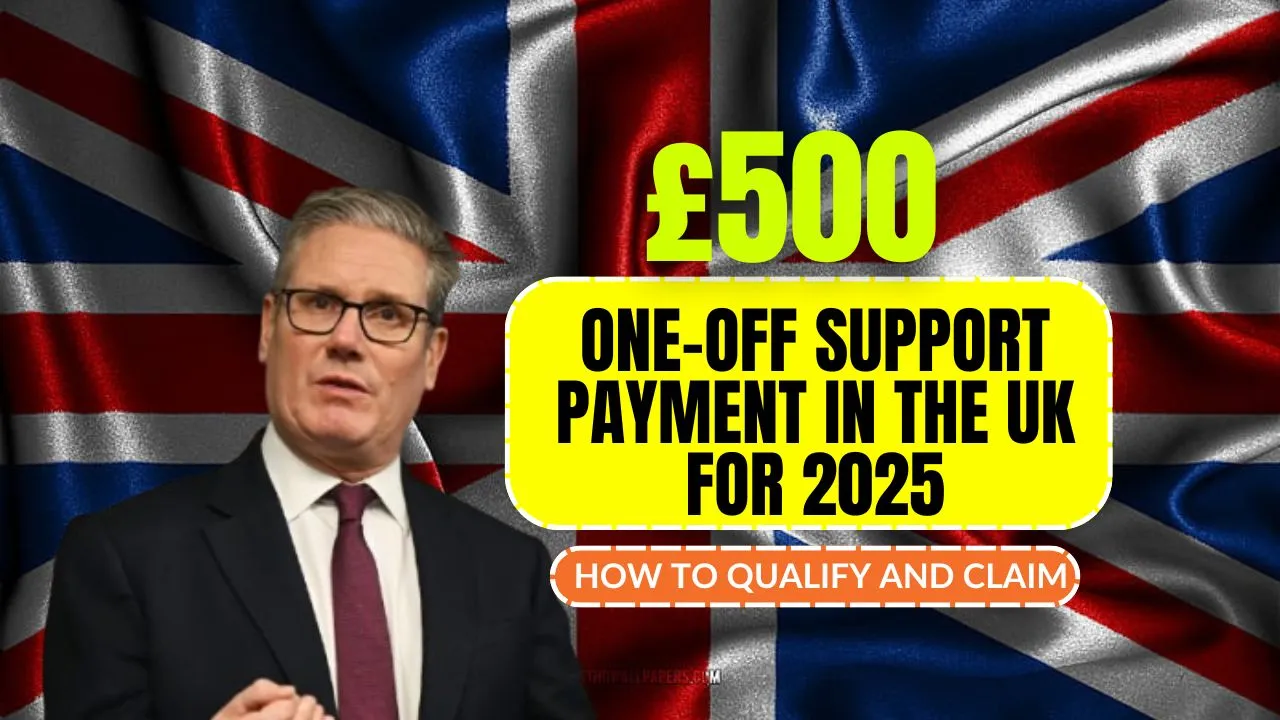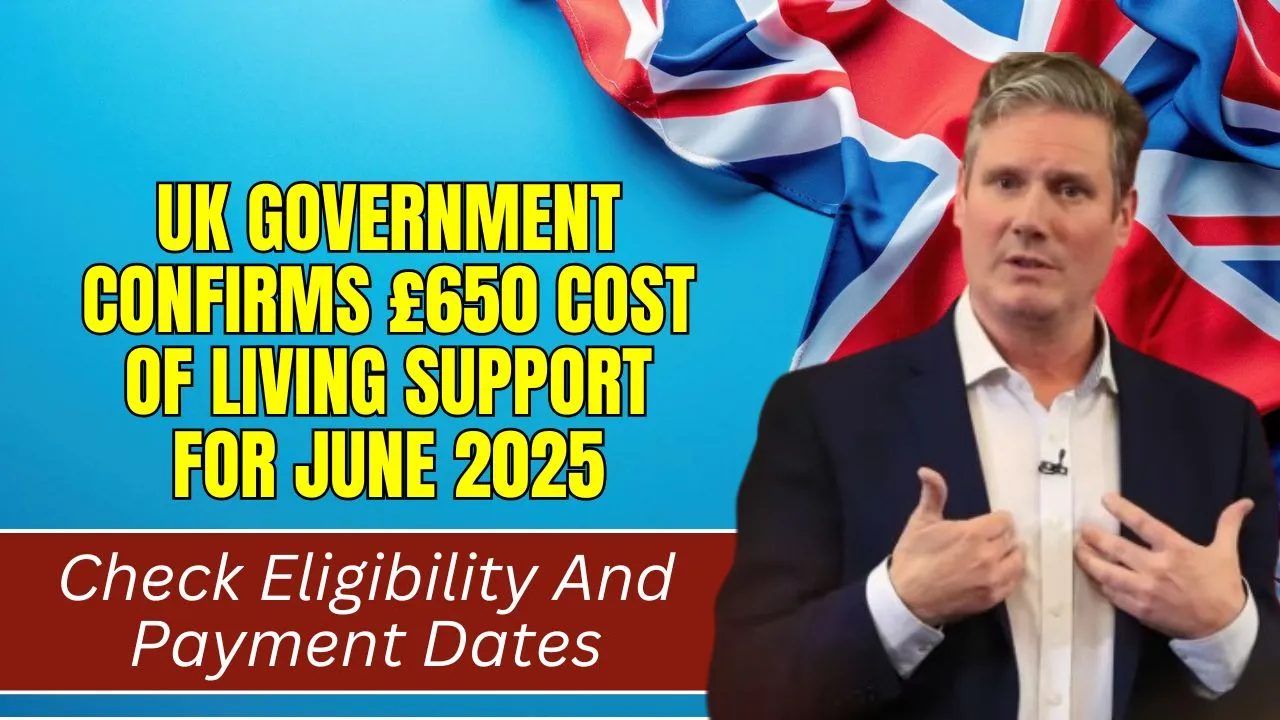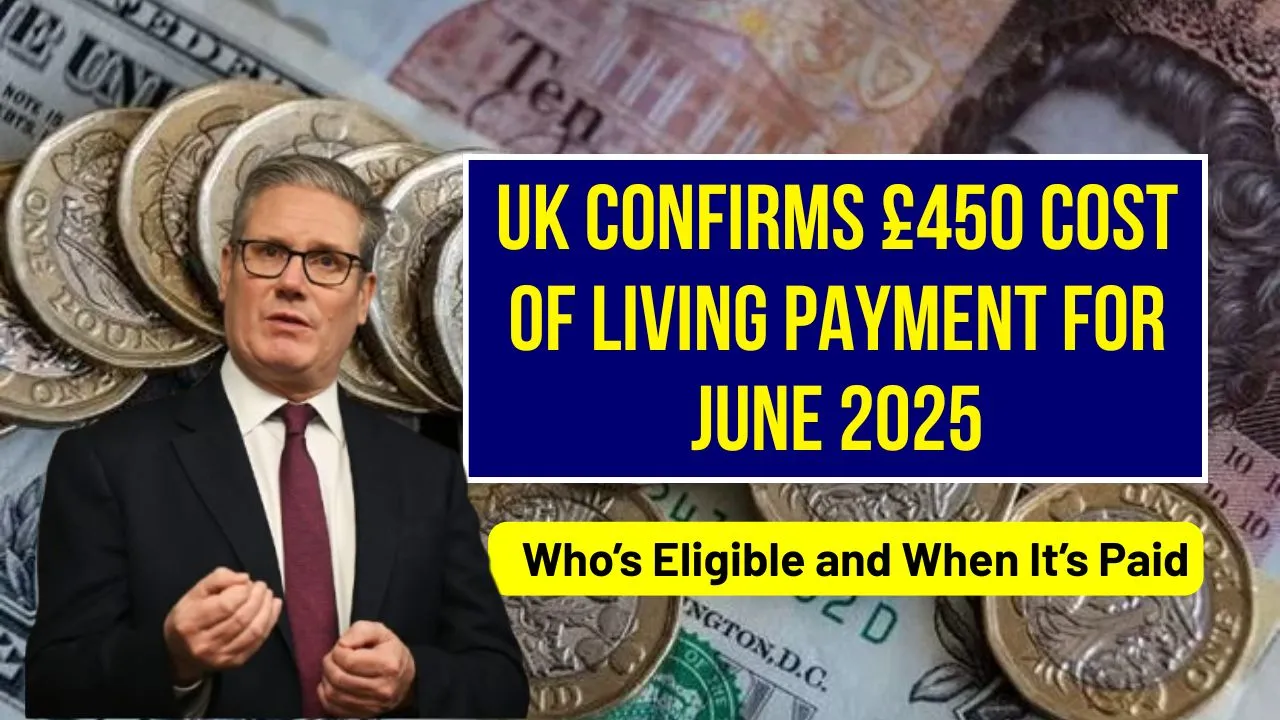Thousands of consumers may finally get compensated after years of unsolicited robocalls. Credit One Bank, a major credit card issuer in the U.S., has agreed to a $14 million TCPA settlement, offering relief to people who were contacted by automated calls without their consent. This class-action resolution brings attention back to the Telephone Consumer Protection Act (TCPA), a law created to shield individuals from invasive telemarketing practices.
If you’ve ever received an unwanted call from Credit One Bank between 2014 and 2019—whether or not you were their customer—you may be eligible for a payout. And no, you don’t need to dig through years of call logs to qualify.
TCPA settlement
The TCPA settlement stems from allegations that Credit One Bank and its affiliates used automatic dialers to reach out to consumers without getting prior approval. These calls reportedly included marketing pitches and payment reminders, and they were made even to people who had previously asked to be removed from calling lists. While the bank has not admitted guilt, it agreed to the payout to resolve the matter without dragging it into prolonged litigation.
Overview Table
| Key Detail | Description |
| Settlement Total | $14 million |
| Consumer Compensation Pool | Approx. $8–$9 million after legal and admin fees |
| Eligible Call Period | 2014 to 2019 |
| Claim Requirements | Received automated/prerecorded call without consent |
| Proof Needed? | Not mandatory; optional proof helps |
| Expected Individual Payout | Between $100 and $1,000 |
| Claim Submission Deadline | Estimated 60–90 days after claim portal opens |
| Review Timeline | Claims processed in 3–5 months |
| Payment Distribution Timeline | Payments issued in 6–9 months after court approval |
| Payment Methods | Check, PayPal, or direct deposit |
Why Credit One is paying $14 million
Credit One Bank agreed to this TCPA settlement after facing serious allegations that it repeatedly violated consumer privacy laws. The complaints accused the bank of using robocalls for marketing and collections, despite having no prior consent from many recipients. Some individuals even claimed that the calls kept coming after they explicitly requested them to stop.
Instead of fighting the case in court—which could have taken years and attracted more scrutiny—Credit One chose to resolve the matter quietly with a financial settlement. This doesn’t mean the bank admitted to any wrongdoing, but it does open the door for affected people to receive compensation for the nuisance and intrusion.
Who can file a claim
You may qualify for part of the TCPA settlement if you:
- Received a prerecorded or automated call from Credit One or its affiliates between 2014 and 2019.
- Did not give explicit permission for those calls.
- Owned the phone number that was contacted during that time, even if you weren’t a customer.
You don’t need to submit phone bills or audio recordings to make a claim, though any proof you can attach may strengthen your submission. Settlement administrators will check Credit One’s records and call logs to validate each claim.
How much you could receive
Compensation amounts will vary depending on how many people submit valid claims. Each eligible person is expected to receive between $100 and $1,000. The fewer valid claims, the higher the payout per person. After legal and administrative costs are deducted, the remaining $8 to $9 million will be split among those who file successfully.
While no one can say for sure how many claims will be submitted, similar TCPA cases have drawn thousands of participants—so timely filing is key.
How to file a claim
Filing for the TCPA settlement is expected to be a straightforward process once the court finalizes the deal. Here’s what to do:
- Wait for the court to give the final green light, after which an official settlement website will go live.
- If your number was listed in Credit One’s records, you should receive a notice by email or mail.
- Visit the settlement site and complete the claim form with your personal information and the phone number in question.
- Optionally attach any supporting proof or submit a sworn declaration that you were contacted without consent.
- Choose your preferred payment method—check, PayPal, or direct deposit.
- Submit your claim before the deadline, which will likely be 60 to 90 days after the site launches.
When to expect payment
The TCPA settlement process involves several steps before payouts begin:
- Claims are reviewed within 3 to 5 months of submission.
- If no issues arise, payments typically begin within 6 to 9 months of final court approval.
Be cautious. Only respond to official communications about the settlement. Scammers often take advantage of high-profile settlements by creating fake websites or offering paid claim services—which you don’t need.
Why this case matters
This TCPA settlement is about more than just money. It underscores the importance of consumer rights and privacy. Robocalls have been a growing concern in the U.S., with millions of people receiving unwanted calls every week. The TCPA is designed to protect consumers from exactly this kind of behavior.
This lawsuit also reminds financial institutions and marketers that cutting corners with automated systems can have costly consequences. Respecting consent is not just ethical—it’s a legal necessity.
Final thoughts
The TCPA settlement with Credit One Bank is a significant moment for consumer privacy advocates. It provides a chance for affected individuals to get compensated while sending a strong message to companies that disregard consent laws.
If you were one of the people who received unwanted calls from Credit One between 2014 and 2019, take a few minutes to file your claim when the portal opens. You have nothing to lose and possibly up to $1,000 to gain. More importantly, you’ll be helping to hold companies accountable and reinforce the right to personal privacy in the digital age.







